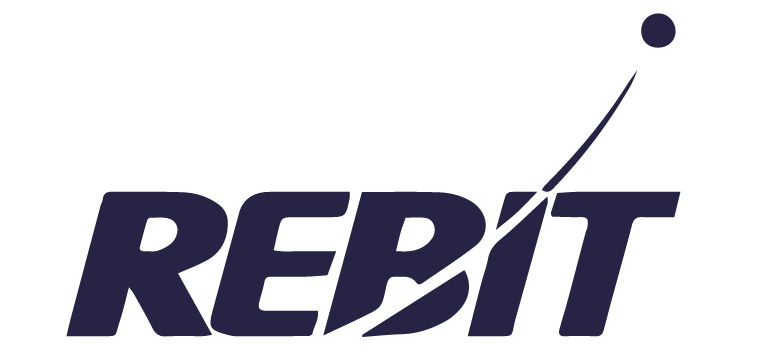EML
Effective Motivational leadership (EML)
Motivational leadership is the ability to lead and motivate others. A motivational leader understands that people are the source of all progress and innovation, and thus the key to success in the 21st century. A motivational leader is able to help people develop and utilize more of their full potential. The Effective Motivational Leadership program is a key component of the Total LeaderTM Concept, this program focuses on the definition of core values, visioning and communication, motivation, learning and development, empowerment, team building, change and innovation.
LMI - EFFECTIVE MOTIVATIONAL LEADERSHIP
Develop Visionary, Creative and Innovative Leaders
Understand the responsibilities and core values of effective leadership
Achieve results through shared vision and improved communication
Become a motivational leader
Develop the potential of your people and lead empowered teams
Lead through creativity and innovation
Develop a written and specific Plan of Action for success
Program Outline
The Challenge Of Becoming An Effective Motivational Leader
Vision And Communication
Becoming A Motivational Leader
Building and Leading Effective and Productive Teams
Developing People To Their Full Potential
Empowering Team Members
Leading Change And Innovation
The Leader Of The Future
This program will focus on the following Competencies;
To assist in the Development of key Behavioural Competencies
Emotional Intelligence-Interpersonal skills, trust
Be aware of their own and other people’s emotions
Recognize and regulate their behavior and
Manage their emotions to adapt to different environments.
Mentoring and Coaching – Understanding Staff
Clarifies the current situation:
Listens and understands reasons for existing behaviors.
Is aware of cultural nuances; clarifies expected behaviors, performance standards, knowledge, and level of proficiency by seeking and giving information and checking for understanding.
Explains and demonstrates:
Provides direction, positive models, and opportunities for observation in order to help others develop skills.
Instructs and guides others’ activities; encourages questions to ensure understanding.
Provides feedback and reinforcement:
Gives timely, specific, and constructive feedback on performance.
Reinforces efforts and progress; reinforces others’ successful performance.
Expresses confidence in others’ ability to perform an activity.
Addresses performance gaps.
Treats others with respect:
Establishes good interpersonal relationships and fosters trust and dialogue by valuing the knowledge, roles and diversity of others, (enhances self-esteem, communicates, empathizes, involves, discloses, supports); adjusts coaching technique to individual learning styles.
To provide a useful and valuable learning experience for the Manager
The following elements are included in our Intervention
Lecture/Classroom-based Learning
· Case Studies
· Facilitated Discussions
· Situational Coaching
· Action Learning
To provide useful tools that would assist in the improvement of the Quality of work produced by the Manager
· Assigned Readings and Recordings
· Digital Mytyme Success Planner
· OPTIONAL – Psychometric and 360Degree Evaluation
To improve the Effectiveness and the level of Productivity of the Manager
Understand the responsibilities and core values of effective leadership
Achieve results through shared vision and improved communication
Become a motivational leader
Develop the potential of your people and lead empowered teams
Lead through creativity and innovation
Develop a written and specific Plan of Action for success
· Baselining Team Performance
· Determining Team Purpose and Team Goals
· Developing Coaching Plans
· Understanding the difference between Coaching and Mentoring
· Understanding Problem Solving in Teams

